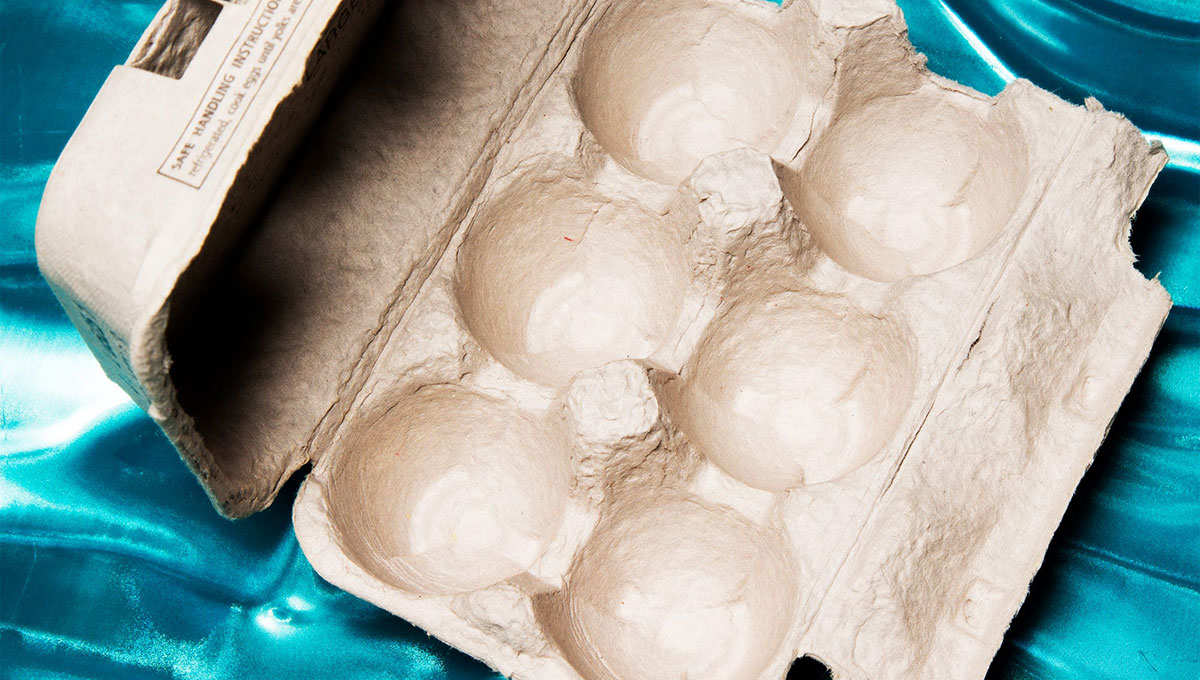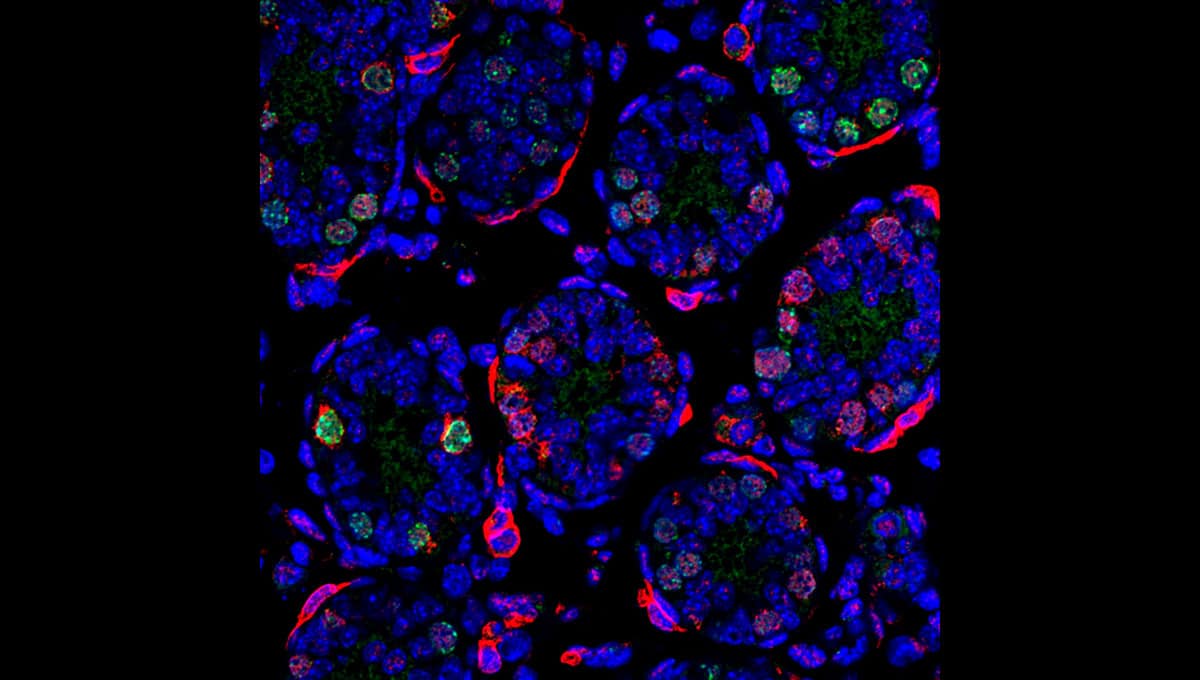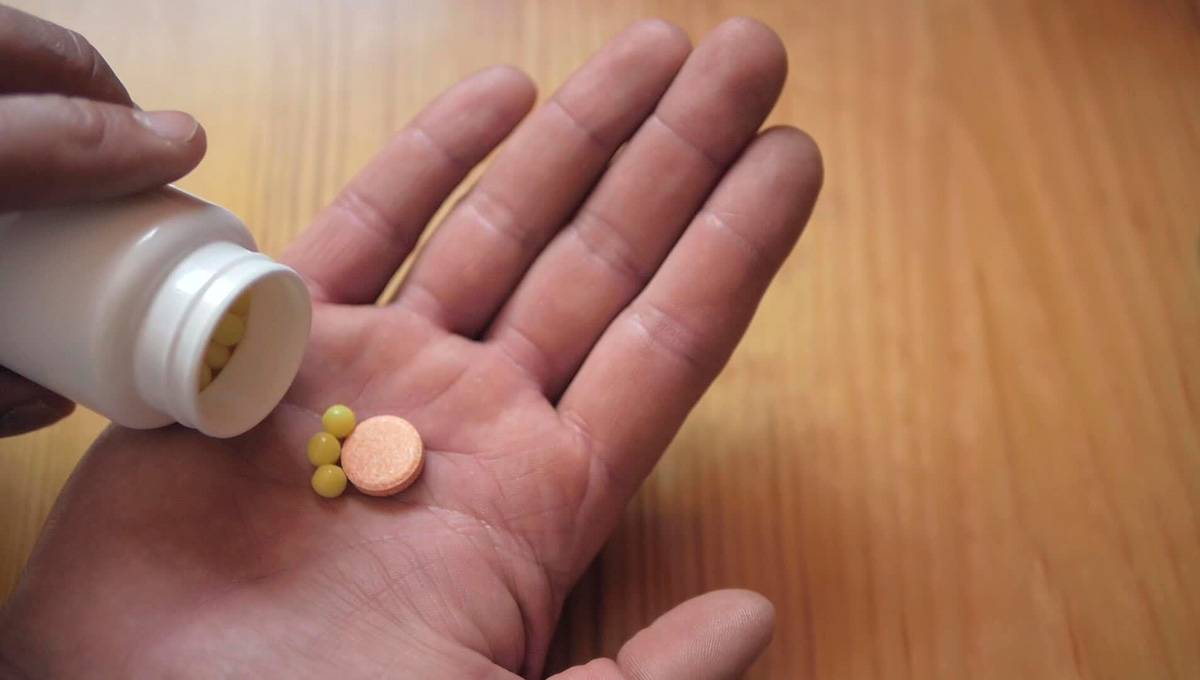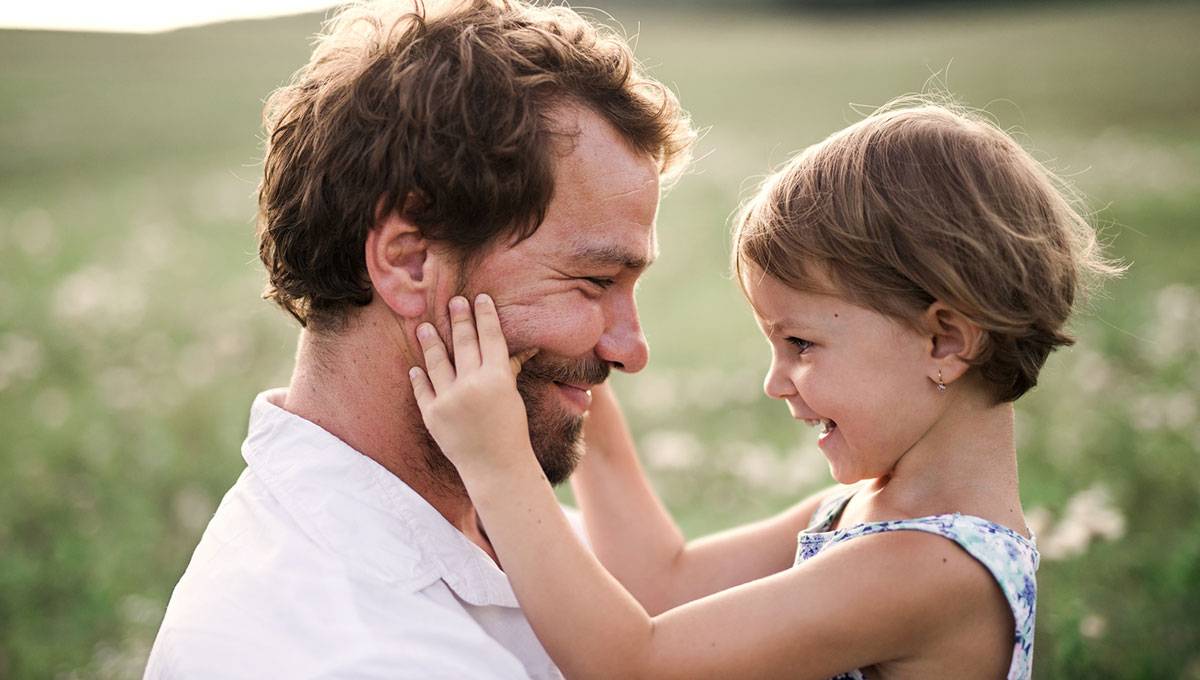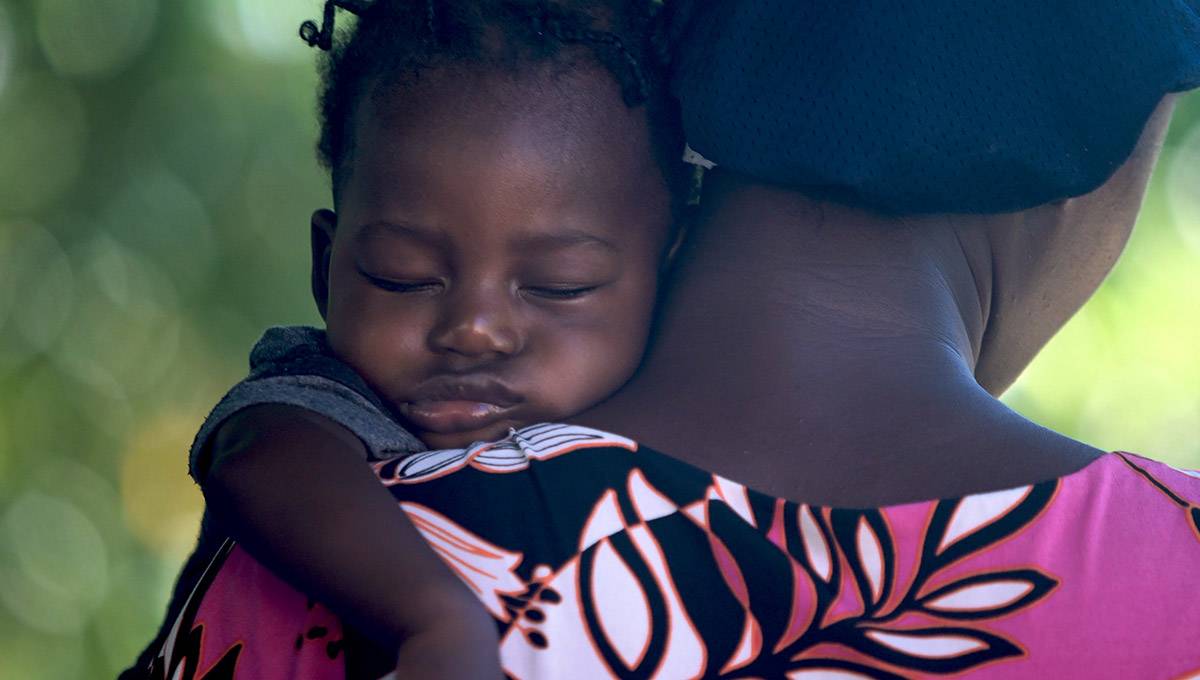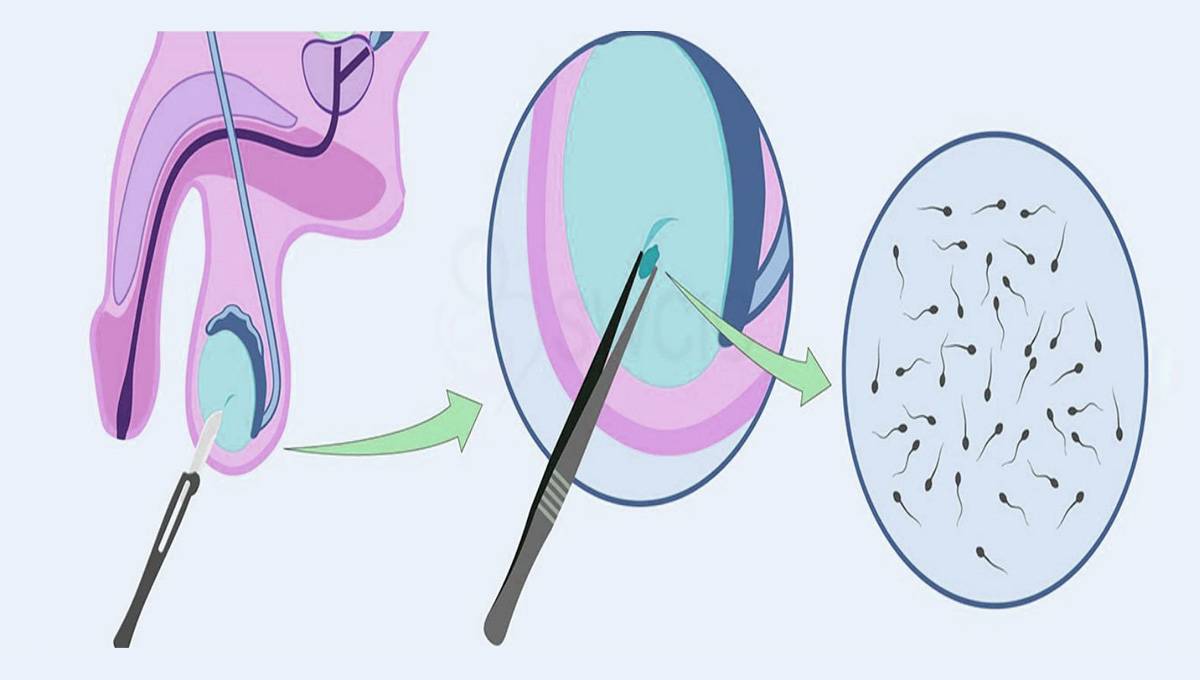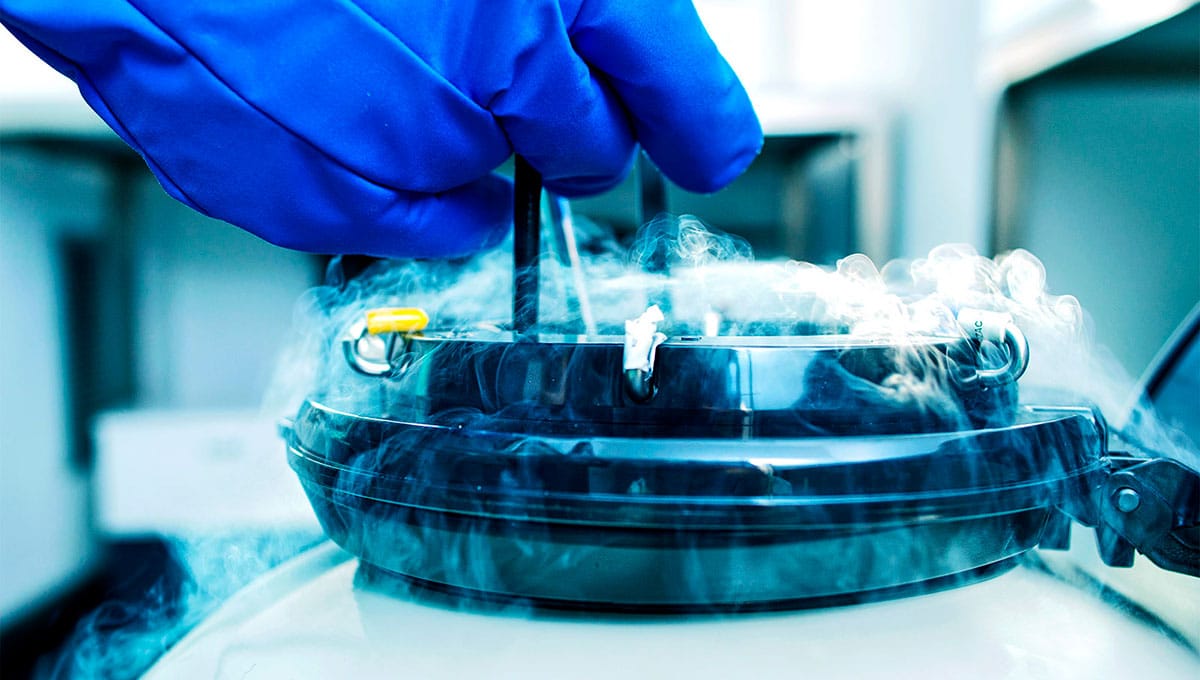Egg Freezing Not Always All It’s Cracked Up To Be?
Surprising new research suggests that 90 per cent of women who freeze their eggs will not actually benefit from it, because they might have left it too late 1 Donnelly L. Warning over “last ditch” attempts at egg freezing by women in late 30s. The Telegraph. 2018. Available from: https://www.telegraph.co.uk/news/2018/08/07/warning-last-ditch-attempts-egg-freezing-women-late-30s/. These concerns arose during a debate among fertility doctors about whether egg freezing should be available for women in their late 30s.
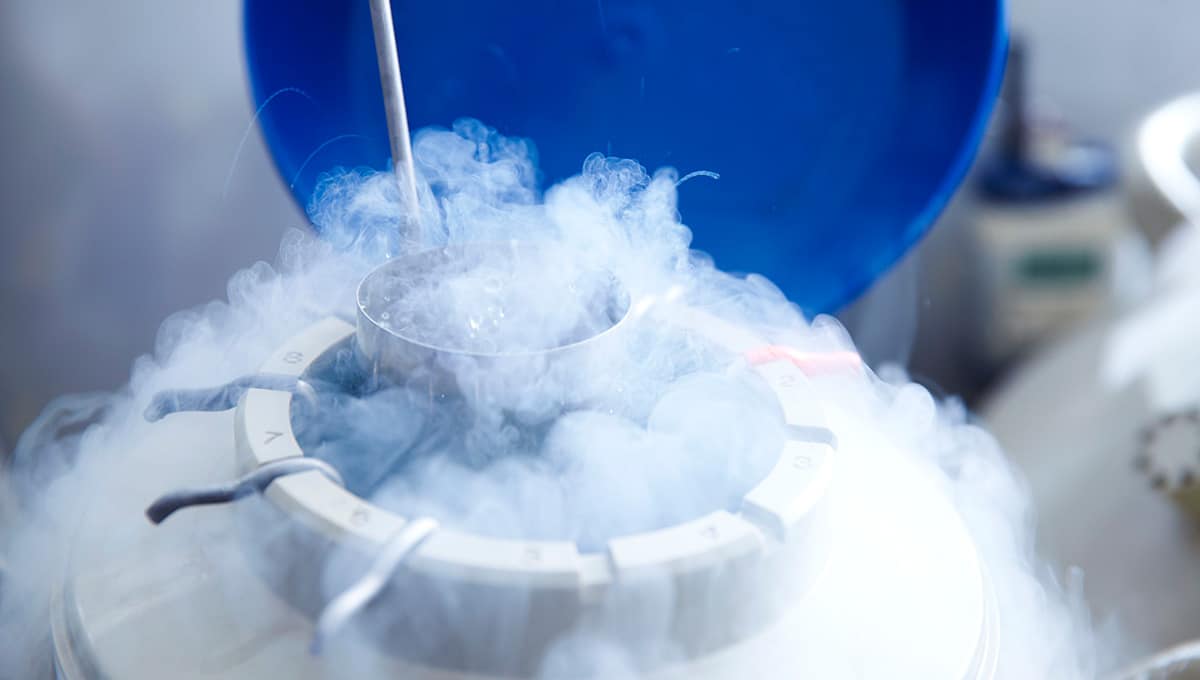
The link between age and eggs
A woman is born with all of the eggs she will ever have in an immature state. This is around 2 million eggs. During each menstrual cycle, an egg cell matures and is released. Therefore as a woman ages, the number of eggs she has reduces.
The number of eggs a woman has is not the only indicator of fertility. The other important factor is the quality of the eggs. Unfortunately, egg cell quality worsens as a woman ages. Scientists are still investigating the exact mechanisms behind this, and they have found that it is linked with genetic changes 2 Titus S, Li F, Stobezki R, Akula K, Unsal E, Jeong K, Dickler M, Robson M, Moy F, Goswami S, Oktay K. Impairment of BRCA 1-related DNA double-strand break repair leads to ovarian ageing in mice and humans. Science Translational Medicine. 2013. 5(172): 172. Available from: https://www.ncbi.nlm.nih.gov/pubmed/23408054.
Overall the reduction in both the number of eggs and their quality is the reason why female fertility declines with age. This is the process described by the term “diminished ovarian reserve”.
These changes tend to occur after the age of 35 years old. This is why doctors recommend that you freeze your eggs before this age. The younger you are when you freeze your eggs, the greater the chances that the procedure will be successful.
www.amitamin.com/en/fertilsan-m New life deserves the best possible start!We provide the essential building blocks for this.
But only a small proportion of women who freeze their eggs are following these age recommendations. Less than a third of women who freeze their eggs are below the age of 35 . More and more women are freezing their eggs in their late 30s, with the most common age at egg freezing being 38 years old 3 Human Fertilisation and Embryology Authority. Egg Freezing in Fertility Treatment. Trends and Figures: 2010-2016. Internet. 2018. Available from: https://www.hfea.gov.uk/media/2656/egg-freezing-in-fertility-treatment-trends-and-figures-2010-2016-final.pdf.
NHS clinics typically have younger cut-off ages for egg freezing, and they only offer the procedure for medical reasons. However private clinics vary in their age limits and often accept older patients. Therefore the majority of egg freezing procedures are done privately. In 2016, around 80% of egg freezing procedures were done in private clinics.
Dangers of egg freezing when older
The egg freezing process is more challenging for older women. Firstly, the process itself is more difficult. During the procedure, doctors will administer medication to stimulate the ovaries to develop multiple eggs. But in older women their ovaries are likely to be less responsive.
Additionally, more eggs will need to be collected from older women. The egg is frozen at the age of the woman at the time of the procedure. Therefore in older women, there is less chance that the eggs will be healthy and genetically normal. In order to maximise the chances of success, doctors will collect a greater number of eggs.
The exact number of eggs collected can vary. Typically in women younger than 35 years old, 12-24 eggs will be collected. However in women over 35 years old, it is best to collect 24 eggs or more 4 Extend Fertility. Is there an age limit on egg freezing? Internet. 2017. Available from: https://extendfertility.com/blog/egg-freezing-age-limit. This enables the doctor to choose the healthiest and strongest eggs.
As a consequence, women may need to undergo a greater number of IVF cycles to collect the number of eggs needed. Therefore the egg freezing process will be more invasive and demanding, as well as more expensive.
In addition to the extra challenges of the procedure itself, the outcome is generally less favourable for older women. A woman”s age is the most important factor affecting whether egg freezing will be successful. Unfortunately the older a woman is, the lower the chances are of successfully becoming pregnant and giving birth.
The number of women undergoing egg freezing is still low and the overall success rates across all age groups reflects this. In 2016, 18% of IVF treatments which involved using a patient”s own frozen eggs were successful 5 Human Fertilisation and Embryology Authority. Egg Freezing. Internet. 2018. Available from: https://www.hfea.gov.uk/treatments/fertility-preservation/egg-freezing/. However the field is developing rapidly and the success rates can vary between clinics.
Therefore it is important to research clinics thoroughly when deciding which one to choose. The Human Fertilisation and Embryology Authority (HFEA) website allows you to compare local clinics and their success rates here. It is also important to ask the clinics for their recent success rates for women in your age group, to help you choose the best clinic for you.
Why women freeze their eggs
A large proportion of women freeze their eggs for medical reasons. This may be because they have an illness which will impact their fertility in the future, such as cancer. Find out more about fertility preservation here.
Women may also freeze their eggs during IVF treatment. This may be necessary if your partner cannot produce a sufficient sperm sample on the day. Another reason for egg freezing is if you are undergoing gender reassignment.
Additionally women may freeze their eggs for social reasons, which is called elective egg freezing. This is commonly because women have not found the right partner yet, and egg freezing takes some of the pressure off dating. Other reasons include wanting to focus on a career first, and financial constraints.
However, experts are urging caution for women undergoing elective egg freezing. Doctors are concerned that many women freeze their eggs in their late 30s as a last attempt to preserve their fertility, and that they see this as a reliable back-up plan.
In reality, at this point the chances of success are low. Doctors recommend that women who want to start a family but are not ready yet should freeze their eggs much earlier. They should make an informed decision in their late twenties to mid- thirties, which maximises the chances of a successful pregnancy.
How much egg freezing costs
Overall the average cost of an egg freezing cycle in the UK is between £7,000- £8,000. This includes the cost of the egg freezing procedure itself, the medications needed, egg storage (which is charged annually) and the cost of thawing and transferring the embryos when you want to use them in the future .
This price may be significantly cheaper abroad in countries including Poland and the Czech Republic, although this in turn will incur additional costs including flights and accommodation. However it is important to be cautious when considering treatment outside the UK.
This is because clinics abroad are not held to the same Human Fertilisation and Embryology Authority (HFEA) standards as UK clinics are. Therefore some clinics have been found to exaggerate success rates of their procedures6 Matthews-King A. Vulnerable would-be parents being sold “false hope” by overseas IVF clinics, regulator warns. The Independent. 2018. Available from: https://www.independent.co.uk/news/health/ivf-clinics-infertility-parents-pregnancy-embryo-cyprus-uk-prague-spain-czech-republic-a8303721.html.
It is important to research potential clinics thoroughly before making any commitments. It is also a good idea to ask your doctor”s advice to clarify any claims which sound too good to be true.
Why age shouldn”t be the deciding factor in egg freezing
Not all doctors are in agreement about age limitations for egg freezing. Some doctors argue that there will be scientific developments in the near future which will boost success rates in older women. Further research investigating how egg quality decline can be prevented or reversed in older women may hold the answers, as well as new techniques for ovarian stimulation.
Additionally, there are some fertility statistics which favour older women. A study found that out of 1,382 women who froze their eggs for social reasons, only 120 actually returned to use their eggs 7 Cobo A, Garcia-Verlasco JA, Coello A, Domingo J, Pellicer A, Remohi J. Oocyte vitrification as an efficient option for elective fertility preservation. Fertility and Sterility. 2016. 105(3):755-764. Available from: https://www.ncbi.nlm.nih.gov/pubmed/26688429. However it was clear that older women were much more likely to return to use their eggs than younger women, making the procedure worthwhile in these cases.
Although the ideal option is to freeze eggs at a younger age, many women do not have this luxury. Life can be unexpected, and pregnancy plans can be thwarted by a huge number of personal and financial reasons. When faced with the prospect of their fertility falling with each passing year, it is often best for women to take their chances as they will only worsen with more time. Their only option may be to cross their fingers and hope that they are one of the lucky ones.
Another key factor to consider is the ten year storage limit on frozen eggs in the UK. Ten years may not be enough time to delay parenthood if women freeze their eggs at a younger age. Women may then be faced with the daunting prospect of becoming a mother before they are ready, or allowing the eggs to be destroyed. This is less of a problem for older women, who are more likely to freeze their eggs because they are sure that they will want a child in the near future.
Additionally, the advice to freeze eggs at a younger age may not be a sensible use of resources. The younger a woman is, the less likely she is to need to use the frozen eggs. This is because there is a higher chance that she will be able to become pregnant naturally anyway.
Conclusion
Egg freezing is an exciting way forward in allowing women to have more control over their fertility and their lives. At this point, it is best to maximise your chances by freezing your eggs as early as possible. The ideal time for this is in your late 20s to early 30s.
If you are older than this or you have any further questions, it is best to discuss this with your GP and get in touch with a fertility clinic. There are many clinics available so it is important to do your research thoroughly to find the clinic which is best for your circumstances and budget.
Egg freezing is still a relatively new procedure. In the future it is likely that scientific advances will help older women benefit from egg freezing, and the success rates of this procedure will improve in women of all ages.

Dr. Jones is an experienced consultant in assisted reproduction.
He has worked as a Fertility specialist at Kingston Hospital Assisted Conception and nearly 10 years experience of working in Obstetrics and Gynaecology across hospitals in the UK.
He completed his Masters in Assisted Reproduction Technology and then his PhD, from Imperial College London. Dr. Jones main areas of interest are Single Embryo Transfer, Endometriosis, PCOS and Implantation failure in IVF patients. He is a member of the British Fertility Society and an associate member of the Royal College of Obstetrics and Gynaecology.
Bibliography
- 1Donnelly L. Warning over “last ditch” attempts at egg freezing by women in late 30s. The Telegraph. 2018. Available from: https://www.telegraph.co.uk/news/2018/08/07/warning-last-ditch-attempts-egg-freezing-women-late-30s/
- 2Titus S, Li F, Stobezki R, Akula K, Unsal E, Jeong K, Dickler M, Robson M, Moy F, Goswami S, Oktay K. Impairment of BRCA 1-related DNA double-strand break repair leads to ovarian ageing in mice and humans. Science Translational Medicine. 2013. 5(172): 172. Available from: https://www.ncbi.nlm.nih.gov/pubmed/23408054
- 3Human Fertilisation and Embryology Authority. Egg Freezing in Fertility Treatment. Trends and Figures: 2010-2016. Internet. 2018. Available from: https://www.hfea.gov.uk/media/2656/egg-freezing-in-fertility-treatment-trends-and-figures-2010-2016-final.pdf
- 4Extend Fertility. Is there an age limit on egg freezing? Internet. 2017. Available from: https://extendfertility.com/blog/egg-freezing-age-limit
- 5Human Fertilisation and Embryology Authority. Egg Freezing. Internet. 2018. Available from: https://www.hfea.gov.uk/treatments/fertility-preservation/egg-freezing/
- 6Matthews-King A. Vulnerable would-be parents being sold “false hope” by overseas IVF clinics, regulator warns. The Independent. 2018. Available from: https://www.independent.co.uk/news/health/ivf-clinics-infertility-parents-pregnancy-embryo-cyprus-uk-prague-spain-czech-republic-a8303721.html
- 7Cobo A, Garcia-Verlasco JA, Coello A, Domingo J, Pellicer A, Remohi J. Oocyte vitrification as an efficient option for elective fertility preservation. Fertility and Sterility. 2016. 105(3):755-764. Available from: https://www.ncbi.nlm.nih.gov/pubmed/26688429
